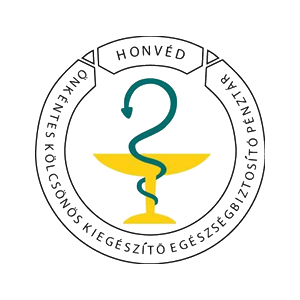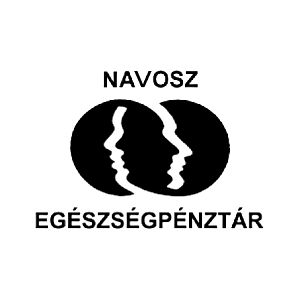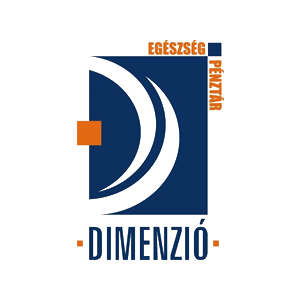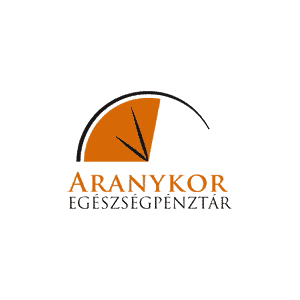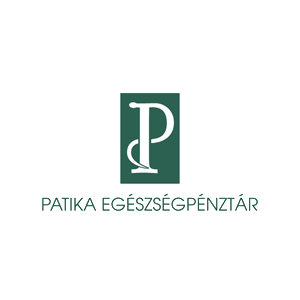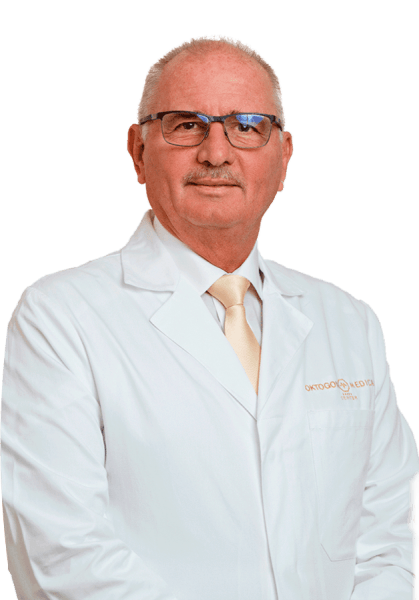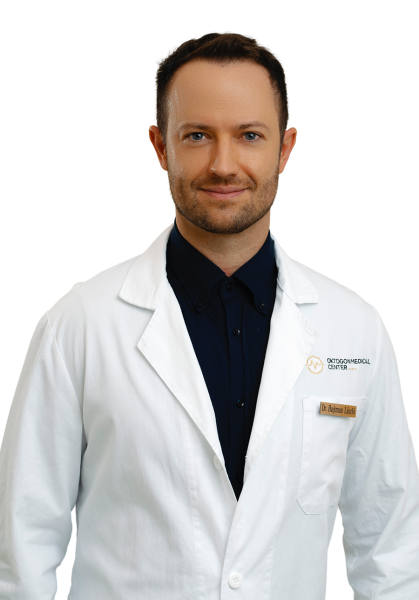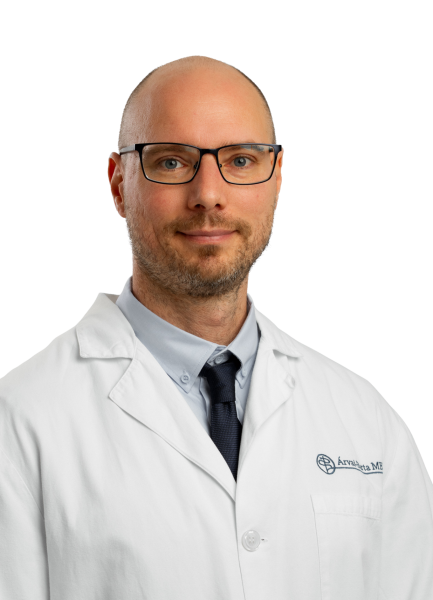In our fast-paced life, most people do not have the time - or, for this reason, do not strive - for pursuing a healthy lifestyle. Their everyday life is hectic and stressful, while lacking physical exercise.
Regular cardiology checkups are essential since cardiorespiratory problems ( i.e. those associated with heart and blood circulation) and their complications often occur suddenly, without any painful warning signs and frequently result in permanent damages, or even death. Among others, cerebral accidents (brain haemorrhages) and myocardial infarction are ranked here, the risk of which might be reduced by healthy lifestyle and regular cardiology screenings.

When is it recommended to see a cardiologist?
It is reasonable to make an appointment to our cardiologist in the following cases:
- family history of heart disease, any cardiology problem (among the ancestors)
- frequent occurrence of temporary pain or some kind of pressure discomfort in the chest
- excessive overweight
- lack of regular physical exercise
- frequent consumption of coffee or alcoholic drinks
- stressful working conditions
- repeated episodes of intense vertigo, headache, shortness of breath
- especially our lower limbs tend to become swollen
- feelings of irregular heartbeat
- hypertension and/or diabetes mellitus
- high levels of uric acid and lipids in blood.
Equipments, tools used for cardiology examinations
Symptoms reported by the patient and taking the medical history are not sufficient for a comprehensive cardiology evaluation; also the following examinations should be carried out:
- ECG (electrocardiography)
- heart ultrasound (echocardiography)
- heart function during exertion (ergometric stress test)
- 24-hour blood pressure and ECG monitoring (Cardiotens)
During a comprehensive cardiology consultation, assessment of physical status and instrumental analyses are followed by making a diagnosis and creation of a therapeutic plan. Dates of checkups are agreed upon and suggestions for lifestyle changes are provided by the specialist. Beyond these, it might become necessary to involve other specialties of medicine in order to exclude or confirm certain conditions.

